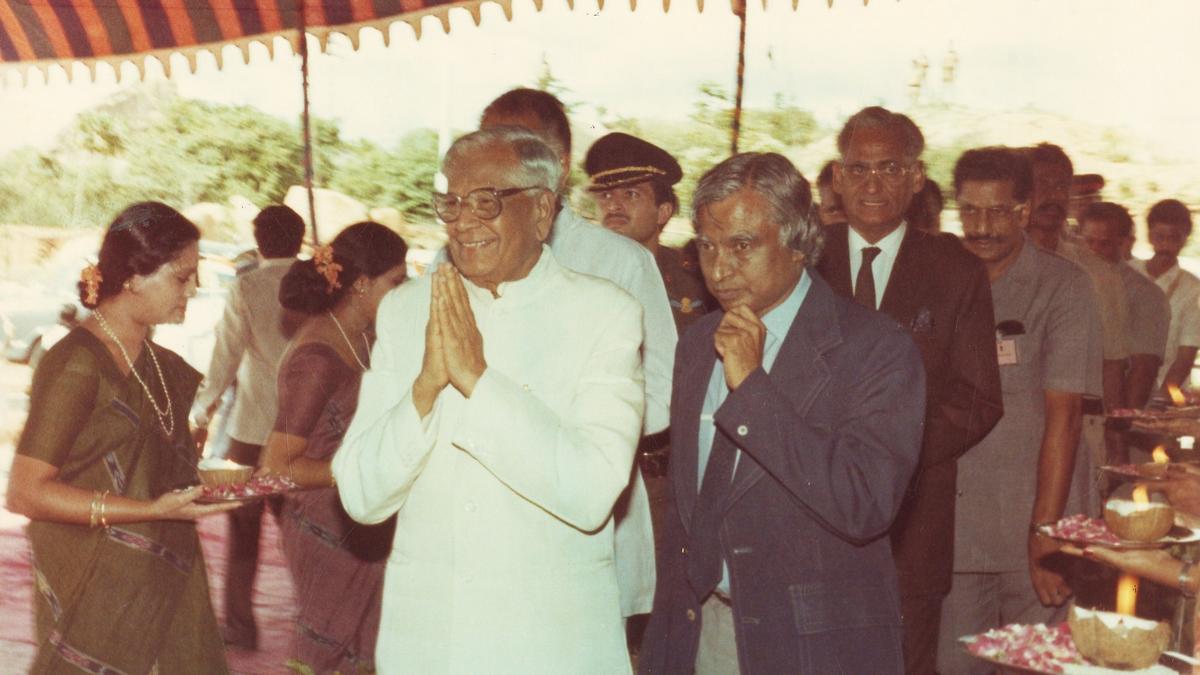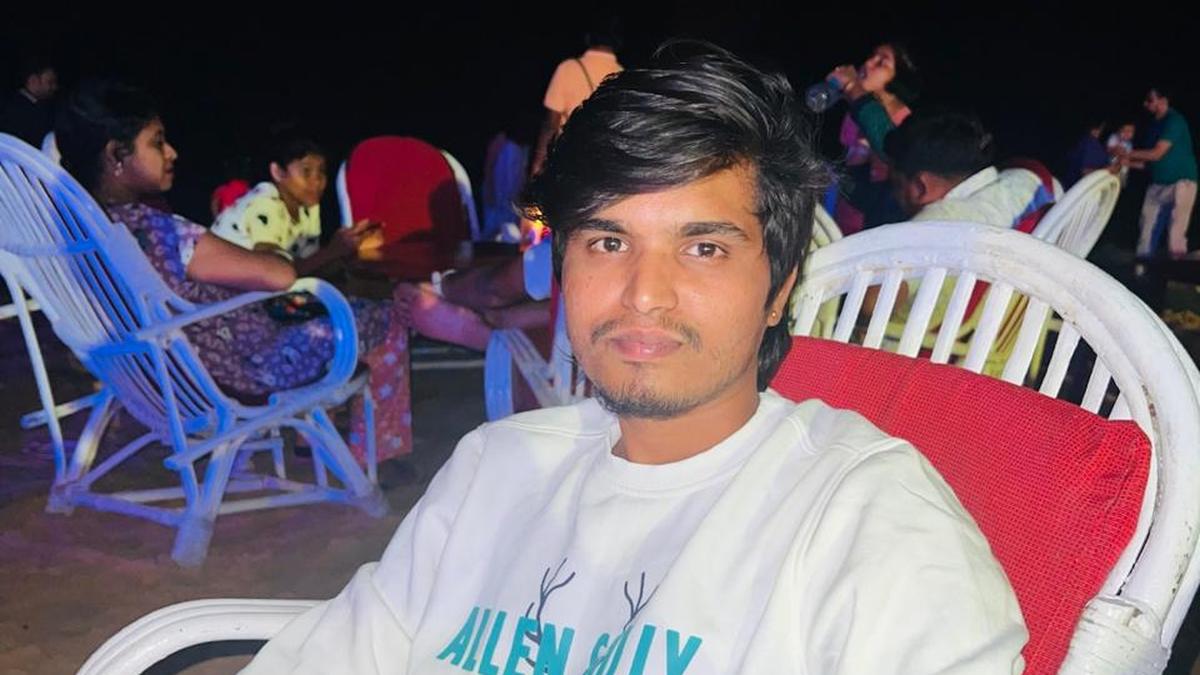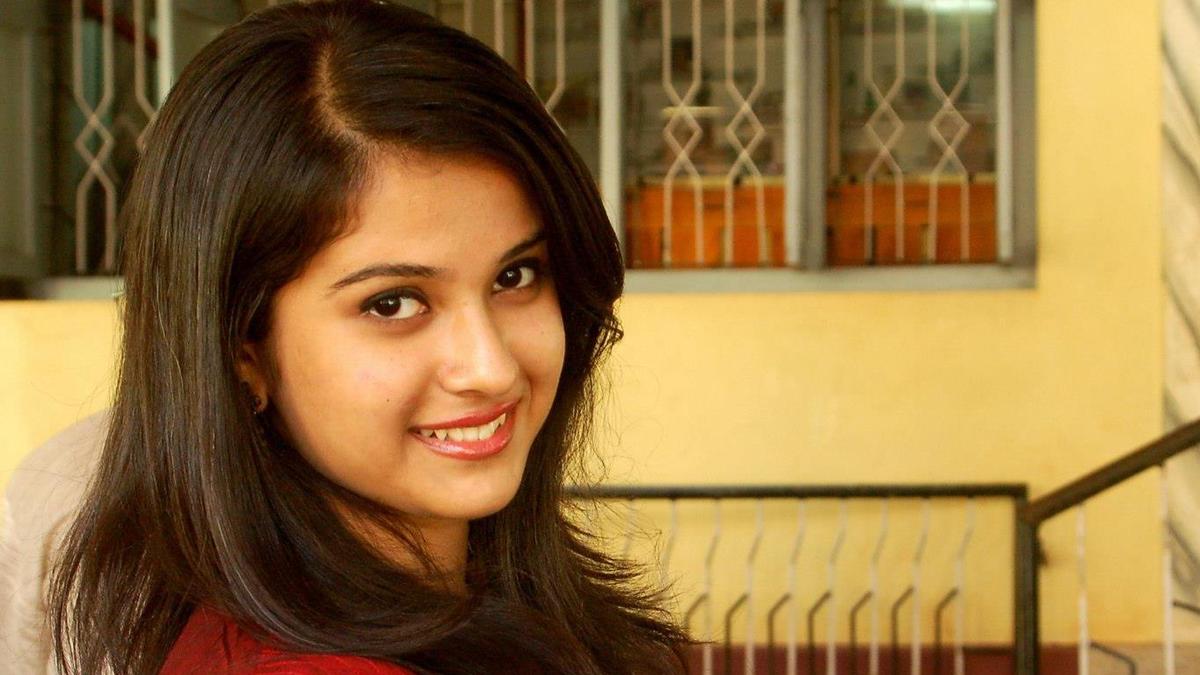Shortly after the BJP-led NDA fielded Maharashtra Governor and former Coimbatore MP C.P. Radhakrishnan as its candidate for the upcoming polls for the post of Vice-President, several political party leaders, including AIADMK leader Edappadi K. Palaniswami and TMC (Moopanar) leader G.K. Vasan, had appealed to parties in Tamil Nadu to sink differences and back his candidature. The last time a candidate hailing from Tamil Nadu was fielded for the post was 41 years ago – when R. Venkataraman entered the fray.
However, now, the Opposition INDIA bloc, of which the ruling DMK in Tamil Nadu is a constituent, has announced former Supreme Court judge B. Sudarshan Reddy, who hails from Telangana, as their nominee to take on Mr Radhakrishnan.
While Mr. Radhakrishnan’s victory is likely guaranteed on account of the NDA’s numbers in both Houses of Parliament, the DMK and its allies shall be opposing the “son of the soil” for political reasons. However, such a stand is not new for the Dravidian party.
On August 1, 1984, the Congress (I) Parliamentary board formally nominated R. Venkataraman, who was serving as the Defence Minister in Prime Minister Indira Gandhi’s Cabinet, for the office of Vice-President of India. He had earlier served as a Minister holding various portfolios in Madras State, playing an instrumental role in the State’s industrialisation.
A report published in The Hindu on August 2, 1984, said that after nominating Venkataraman, also called R.V., Indira Gandhi apprised Satyasadan Chakraborty, the CPI(M) leader in the Lok Sabha, of the views of the Congress board members.
The CPI(M) leader, in turn, informed his colleagues in the Opposition about the ruling party’s decision, as the Prime Minister had sought their support to ensure Venkataraman’s election by consensus, even though the Congress nominee could win comfortably on the party’s own strength.
Referring to the archival reports of Murasoli, the DMK’s mouthpiece, R. Kannan, the author of The DMK Years and biographer of Dravidian stalwarts C.N. Annadurai and M.G. Ramachandran, noted that failing to achieve consensus, leaders of the Opposition parties, including Era. Mohan of the DMK, Atal Bihari Vajpayee of the BJP and Indrajit Gupta of the CPI convened a meeting on August 2, 1984, and decided to field B.C. Kamble, a former MP from the Republican Party, was their joint candidate, fully realising that the contest would only be token in nature.
Mr. Chakraborty said the Opposition had nothing personal against R.V. but regretted that the Prime Minister had not followed the procedure of choosing a candidate on the basis of all-party consensus. The Opposition was keen that a member of the weaker sections be given an opportunity to occupy the post of Vice-President, The Hindu reported.
Despite not being a part of the Congress-led alliance in the Parliamentary elections in 1980, the AIADMK, which eventually showed signs of moving closer towards the Congress in the early 1980s, supported R.V.’s candidature for the Vice-President post.
The election held on August 22, 1984, ended as expected with R.V. defeating Kamble by a comfortable margin. In a statement, Chief Minister M.G. Ramachandran (MGR) thanked Indira Gandhi, saying, “I am happy that Mr. R. Venkataraman has been elected Vice-President of the Indian Republic. You made it possible by enabling a Tamilian to contest the election and to win it. On behalf of the people and the Government of Tamil Nadu and on my own behalf, I express my sincere thanks to you for having fulfilled a long-cherished wish of the people of Tamil Nadu.”
Three years later, when the Congress nominated R.V., the incumbent Vice-President, for the post of President, the AIADMK, by then in alliance with the Congress, backed him. The Opposition parties convened a meeting in New Delhi and unanimously decided to field eminent jurist V.R. Krishna Iyer for the top post. Even this time, the DMK opposed R.V.’s candidature and backed the Opposition as it was part of it.
R.V. comfortably won the elections and went on to become the eighth President of India. Chief Minister MGR, in a statement, congratulated R.V. and said, “Your election to the highest office of the Indian Republic is thus a natural culmination of your eventful public life and is a most fitting tribute to your selfless service. It is a matter of supreme pride for the people of Tamil Nadu, and I am profoundly happy in sharing this pride with them.”
The DMK President M. Karunanidhi, in a telegram to R.V., said, “Please accept my hearty congratulations on your election as the President of India.”
AIADMK, DMK both backed Kalam
In 2002, when the BJP-led NDA proposed the name of A.P.J. Abdul Kalam, an eminent scientist and native of Tamil Nadu, for the post of President of India, both the ruling AIADMK and the DMK rallied behind him. The DMK was then a key constituent of the NDA. Despite not being a part of the combine, AIADMK supremo and Chief Minister Jayalalithaa described Kalam as the ideal choice and said her party was happy to extend support.
In a statement, she said Prime Minister Atal Bihari Vajpayee had spoken to her over the phone about Kalam’s candidature. “I told him that I was delighted with the choice…. Apart from the fact that Dr. Kalam is an eminent and internationally renowned scientist who is respected all over the world, it is a matter of great pride and happiness for the AIADMK that he belongs to Tamil Nadu,” The Hindu reported on June 12, 2002, quoting Jayalalithaa.
A report published in this daily on June 16, 2002, noted how the DMK too welcomed Kalam’s nomination. Reacting to the Left’s contention that Kalam lacked political experience and knowledge of the Constitution, DMK president M. Karunanidhi said political experience was not listed as a necessary qualification for the post of the President of India. Comparing Kalam to former Presidents S. Radhakrishnan and Zakir Hussain, Karunanidhi said all three were eminent in their fields. “In the current situation, a non-political, secular, non-partisan person like Dr. Kalam was best suited for the role,” he said.
On July 18, 2002, the 71-year-old scientist was elected as the President of India. With the support of the NDA, the Congress, the Telugu Desam Party and the Samajwadi Party, Kalam secured nearly 90% of the valid votes against his sole rival Captain Lakshmi Sahgal.
After his victory, Kalam addressed his critics who had doubted his suitability for the presidency because of his lack of political background. “I have been working from 1982 onwards directly with the Government, whether it be related to research, launch vehicles or nuclear programmes. Unless political decisions are taken, satellites will not be in orbit. Political decisions are vital for the success of any programme. I have worked with six Prime Ministers, I know how to handle politics,” a report published in The Hindu on July 19, 2002, quoted Kalam.



